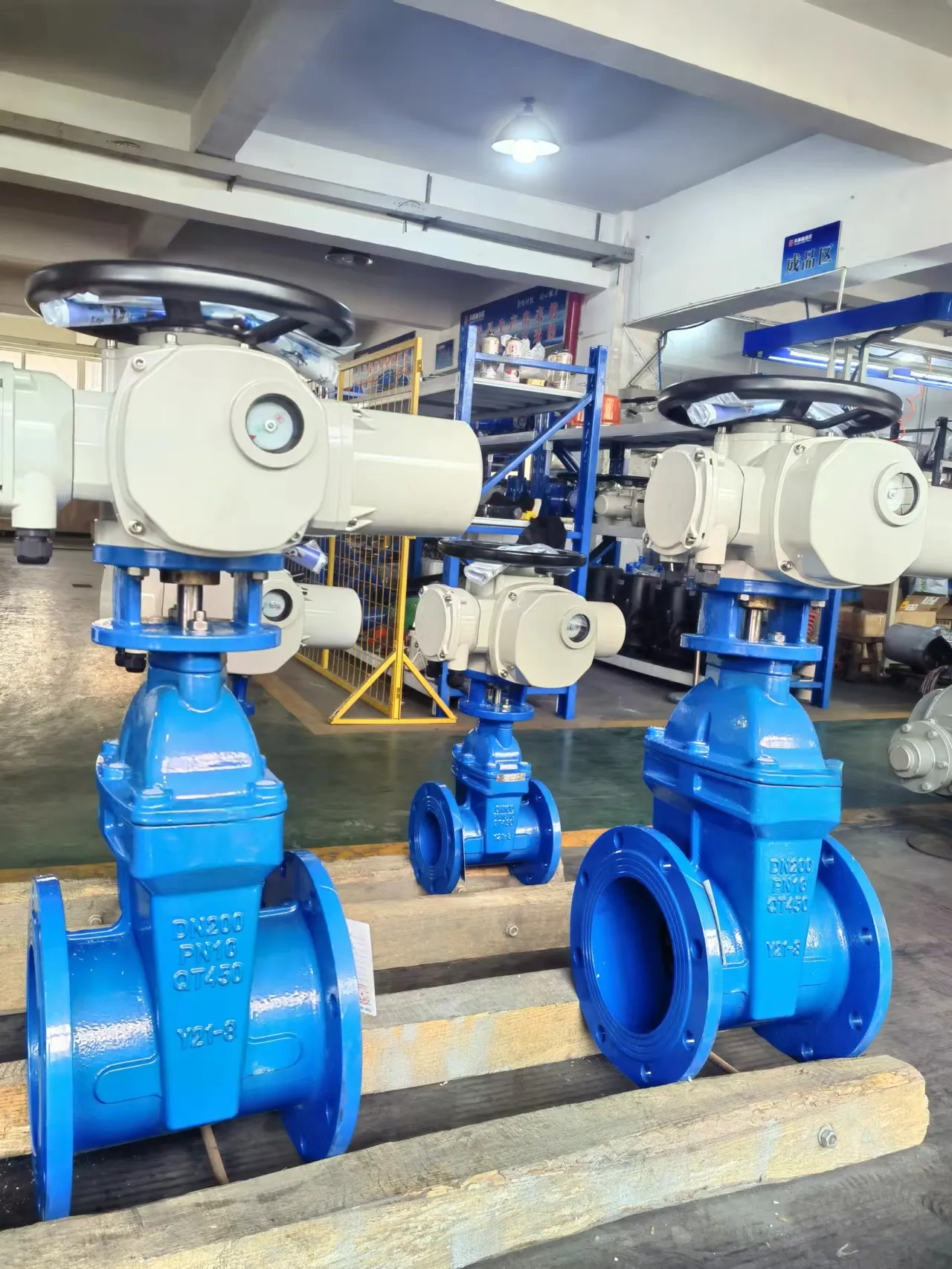okt . 19, 2024 03:55 Back to list
Precision Measurement Instruments for Accurate Data Collection and Analysis Techniques
Understanding Precision Measuring Tools The Backbone of Quality Control
In the realm of manufacturing and engineering, precision measuring tools serve as the cornerstone of quality control
. From ensuring that components fit perfectly to creating products that meet exact specifications, these tools play a crucial role in various industries, including automotive, aerospace, electronics, and manufacturing. Understanding the significance of precision measuring tools not only highlights their importance but also showcases the technological advancements that have improved their accuracy over time.Precision measuring tools encompass a wide range of instruments designed to measure dimensions, angles, and other physical quantities with high accuracy. Some of the most commonly used tools in this category include calipers, micrometers, dial indicators, and laser measuring devices. Each of these tools has specific applications and is manufactured to facilitate precise measurements in different scenarios.
Calipers are versatile measuring instruments that can measure internal and external dimensions, as well as depths. They come in various types, including vernier, dial, and digital calipers, each offering differing levels of precision and ease of use. For example, digital calipers provide a quick and easy-to-read measurement display, making them preferred in fast-paced environments.
Micrometers, on the other hand, are often used for measuring small dimensions with remarkable precision. Typically used in mechanical engineering and machining, they can measure the thickness of a material or the outside diameter of a rod. With their capability to provide measurements to the nearest thousandth of a millimeter, micrometers are indispensable in situations where minuscule variations can significantly impact performance.
precision measuring tools

Dial indicators are another essential tool that measures the displacement of an object. By converting linear displacement into rotational movement, dial indicators help detect minute changes in position, making them ideal for measuring flatness, height variations, and alignment. They are widely employed in quality control processes to ensure components meet stringent specifications before they reach the assembly line.
Recent advancements in technology have led to the development of laser measuring devices, which use laser beams to determine distances with exceptional precision. These tools enable users to measure distances without physical contact, minimizing the chance of error and damage to delicate components. Laser measuring devices are especially valuable in construction and large-scale manufacturing settings, where measuring distances quickly and accurately is critical.
The importance of precision measuring tools extends beyond mere numbers; they are vital for maintaining product quality and ensuring customer satisfaction. The consequences of inaccurate measurements can be far-reaching, leading to defective products, increased costs, and damaged reputations. By using precise measuring tools, companies can significantly reduce the risk of errors, streamline production processes, and uphold rigorous quality standards.
In addition to traditional tools, the rise of automation and digital technologies has transformed the landscape of precision measuring instruments. Many modern devices are equipped with data-logging capabilities, allowing for real-time monitoring and analysis. This shift toward digital measurement not only improves efficiency but also enhances data accuracy, making it easier for manufacturers to identify trends and implement corrective actions promptly.
In conclusion, precision measuring tools are essential to the success of various industries. By ensuring accurate measurements, these tools contribute to effective quality control, which ultimately leads to higher standards of production and customer satisfaction. As technology continues to evolve, so do precision measuring tools, bringing new levels of accuracy and efficiency that refine processes and support the industries of the future. Embracing these advancements is essential for businesses that wish to remain competitive in an increasingly precise world.
-
Why Metric Trapezoidal Thread is Ideal for Precision Motion ControlNewsAug.05,2025
-
The Unique Properties of a Block of Granite for Industrial UseNewsAug.05,2025
-
The Role of Flanged Y Strainers in Preventing Pipeline ClogsNewsAug.05,2025
-
The Importance of Regular Calibration for Master Ring GagesNewsAug.05,2025
-
How a Cast Iron Surface Table Enhances Accuracy in ManufacturingNewsAug.05,2025
-
Comparing Different Check Valve Types for Optimal Flow ControlNewsAug.05,2025
Related PRODUCTS









